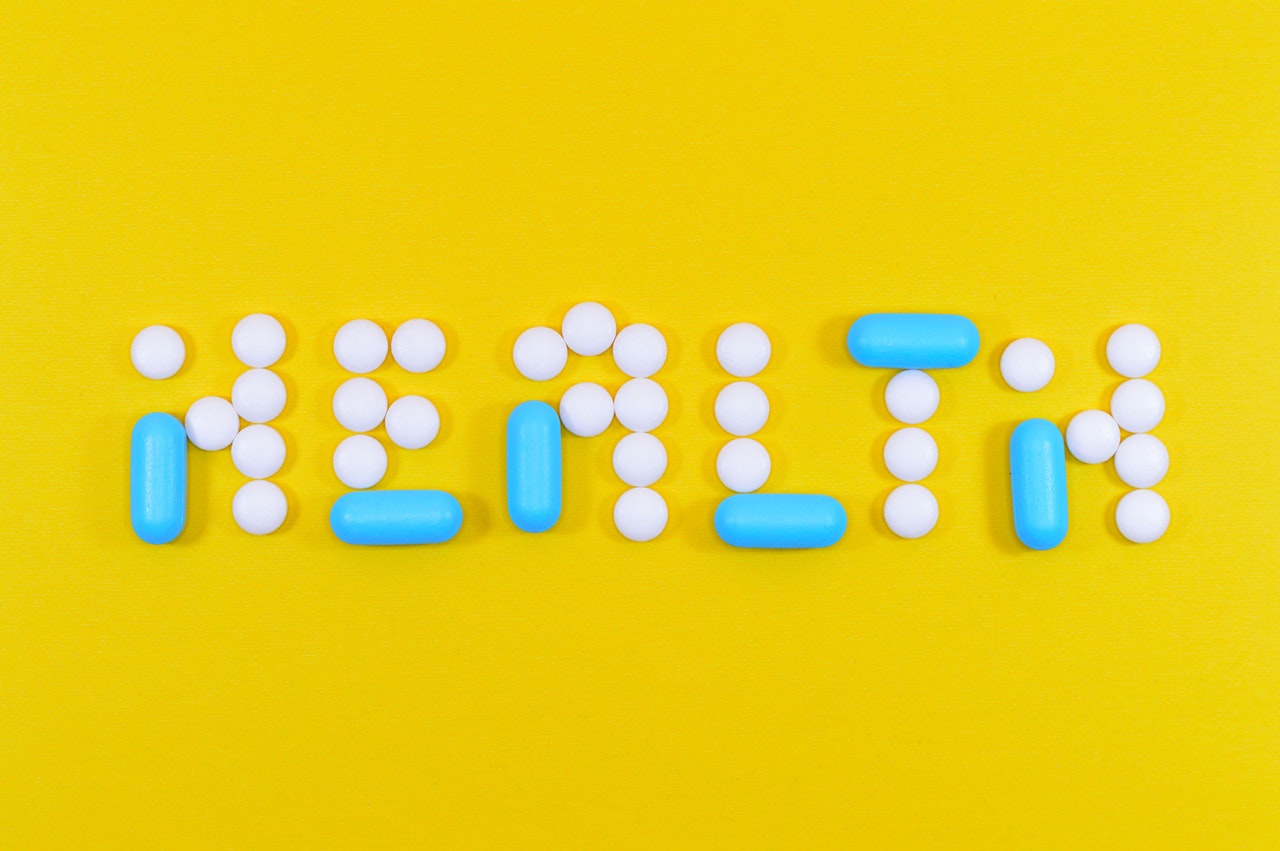From Hive to High-End: The Role of Bees in Modern Cosmetics

In a world where beauty trends come and go faster than you can say “honeycomb,” one timeless ingredient continues to make a splash—bee products. From the golden glow of beeswax to the nourishing properties of royal jelly, these tiny pollinators play an unexpectedly high-profile role in today’s cosmetic industry. As we delve into the sweet synergy between nature’s little workers and high-end beauty brands, you’ll discover how bee-derived ingredients not only enhance our skin but also promote sustainability and ethical practices.
The Power of Honey in Skincare
Honey is one of nature’s most beloved beauty ingredients, and for good reason. Known for its soothing and moisturizing properties, honey has been used for centuries as a remedy for dry skin, acne, and even minor cuts. The beauty industry has caught on, and now you’ll find honey in everything from face masks to lip balms.
Honey is a natural humectant, meaning it helps draw moisture into the skin, making it a must-have for anyone looking to achieve a dewy, hydrated glow. It’s also packed with antioxidants and has antibacterial properties, making it ideal for keeping your skin clear and healthy. Whether it’s in your face wash or your favorite lotion, honey is helping people unlock the secret to soft, radiant skin.
Beeswax: The Ultimate Skin Protector

If you’ve been using Bienatura Products, know that beeswax is one of the key ingredients. Beeswax has become a staple in the beauty industry because of its ability to lock in moisture and protect the skin. It acts as a natural barrier that keeps your skin hydrated while allowing it to breathe, which is why it’s so commonly found in products like lip balms, moisturizers, and salves. What makes beeswax even more special is its anti-inflammatory properties. It can help calm irritated skin, making it perfect for sensitive or acne-prone skin. And since it’s completely natural, it’s ideal for those looking for clean beauty products that are gentle on the skin.
Bee Pollen and Royal Jelly: Superfoods for Your Skin
Aside from honey and beeswax, bee pollen and royal jelly are also making their way into the beauty scene. Bee pollen is packed with vitamins, minerals, and amino acids, and it’s often included in skincare products that aim to rejuvenate and nourish the skin. It’s particularly great for anti-aging, as it promotes collagen production and helps firm the skin.
Royal jelly, on the other hand, is the food fed to queen bees, and it’s loaded with nutrients that support cell regeneration. This makes royal jelly a powerful ingredient for promoting healthy, youthful skin. It’s commonly found in serums, moisturizers, and anti-aging creams due to its ability to help skin retain its elasticity and glow.
A Sustainable Approach to Beauty

One of the coolest things about bee-based beauty products is that they’re sustainable. Bees are essential to our environment, and supporting bee-friendly brands means supporting sustainability and eco-conscious practices. Many beauty brands are now incorporating sustainable beekeeping methods, ensuring that the bees are treated ethically while also creating products that are both effective and environmentally friendly.
Bees are more than just the makers of honey—they’re revolutionizing the beauty industry with their natural, nutrient-packed products. From honey to beeswax, bee pollen to royal jelly, these natural ingredients are transforming how we think about skincare. Whether you’re looking for hydration, anti-aging benefits, or a little extra glow, bee-based beauty products are here to stay, offering a natural and sustainable way to care for your skin.…


 You already know the meaning of the acronyms from the information above. HIPAA is a law that became active in 1996 and continues to grow in range and implementation over time. However, it’s ironic that very few people are aware of the importance of HIPAA compliance and its gains with a long presence in the healthcare industry.
You already know the meaning of the acronyms from the information above. HIPAA is a law that became active in 1996 and continues to grow in range and implementation over time. However, it’s ironic that very few people are aware of the importance of HIPAA compliance and its gains with a long presence in the healthcare industry. Observing HIPAA compliance ensures that there is appropriate handling of sensitive patient data. Additionally, how your PHI (Protected Health Information) and ePHI (electronic Protected Health Information) are accessed, kept, and shared features significant risks for noncompliance incidents.
Observing HIPAA compliance ensures that there is appropriate handling of sensitive patient data. Additionally, how your PHI (Protected Health Information) and ePHI (electronic Protected Health Information) are accessed, kept, and shared features significant risks for noncompliance incidents.


